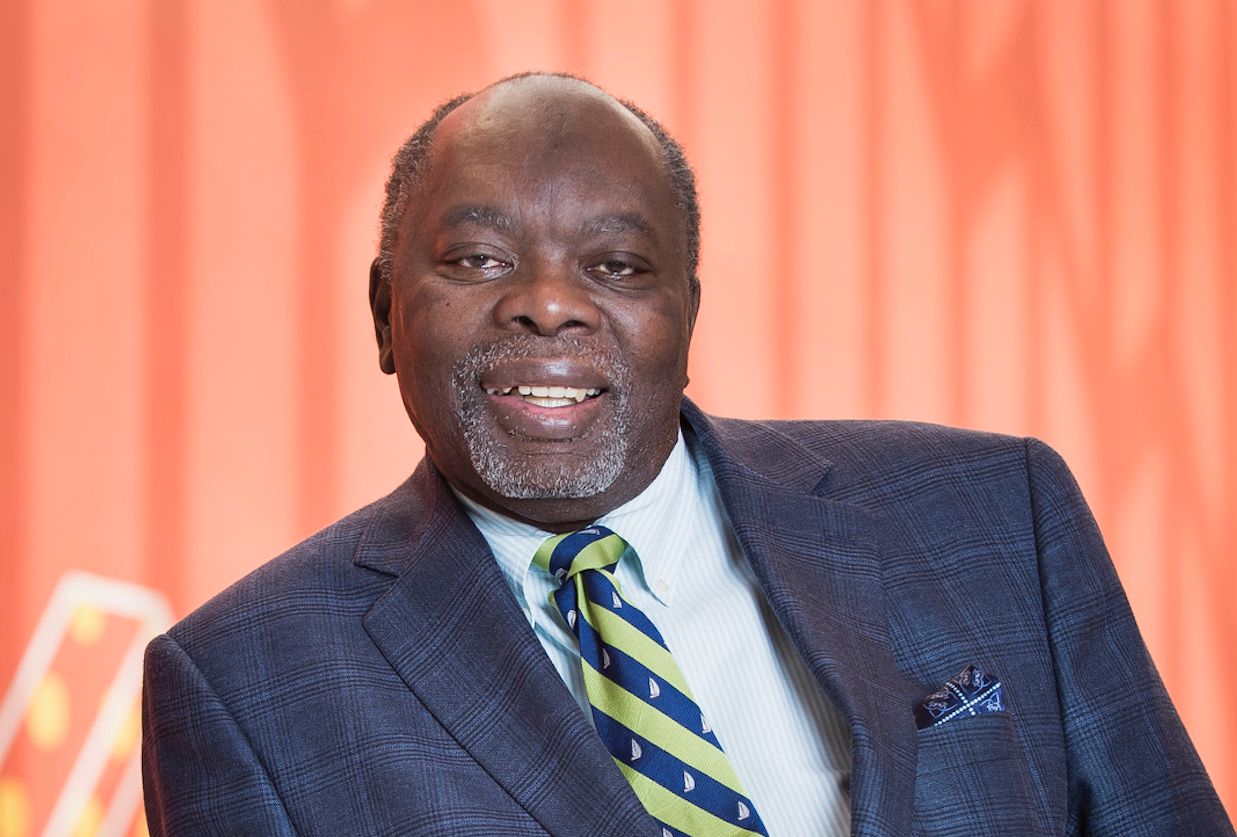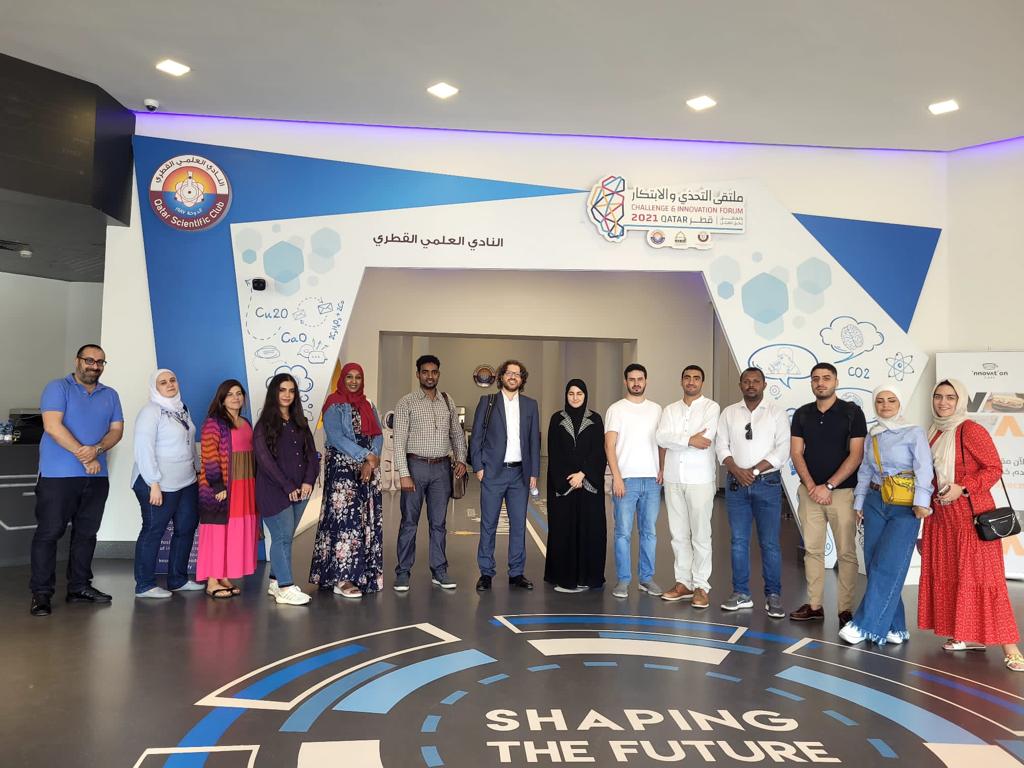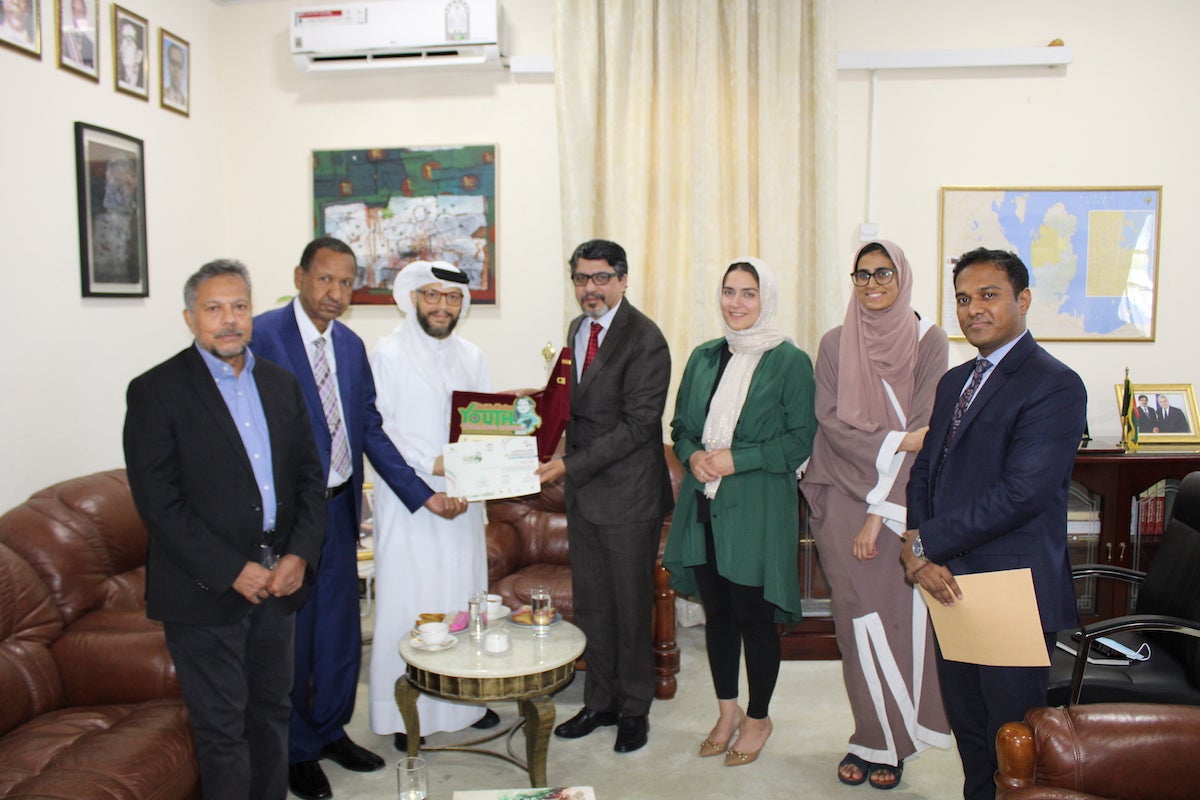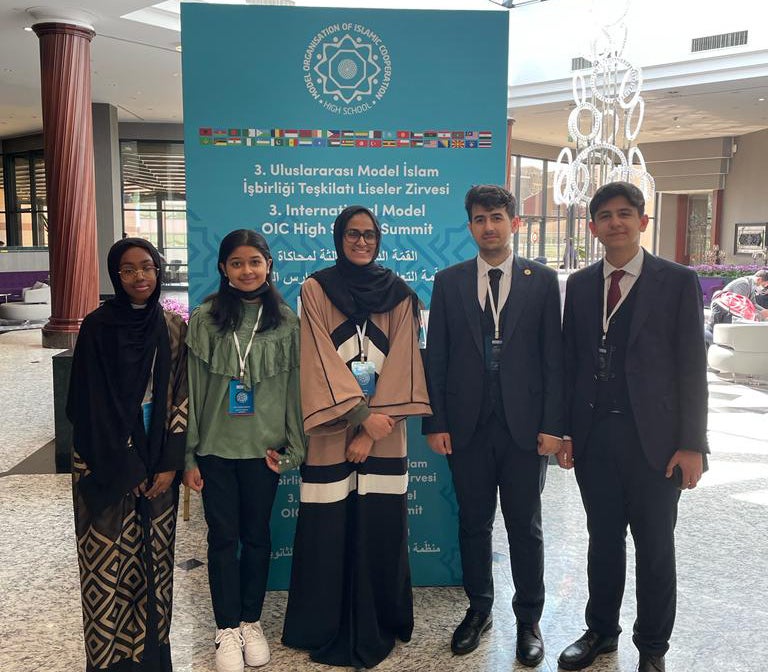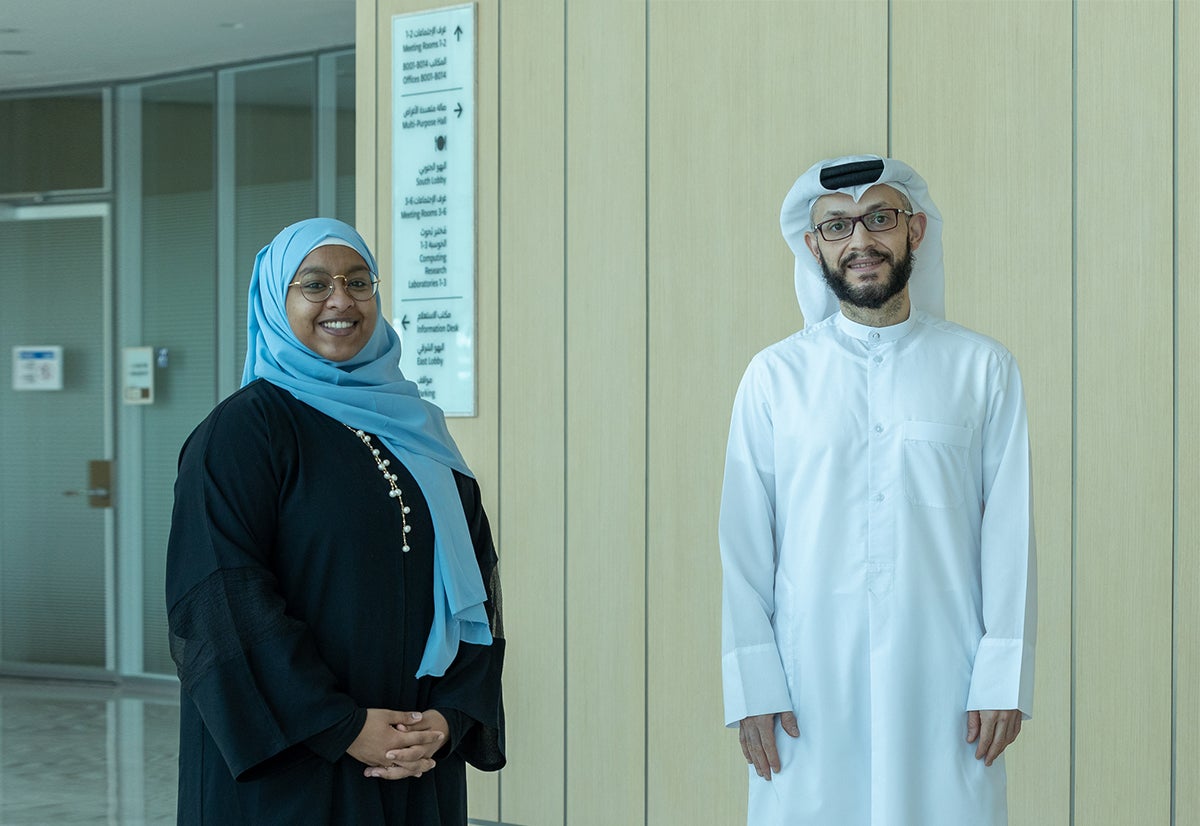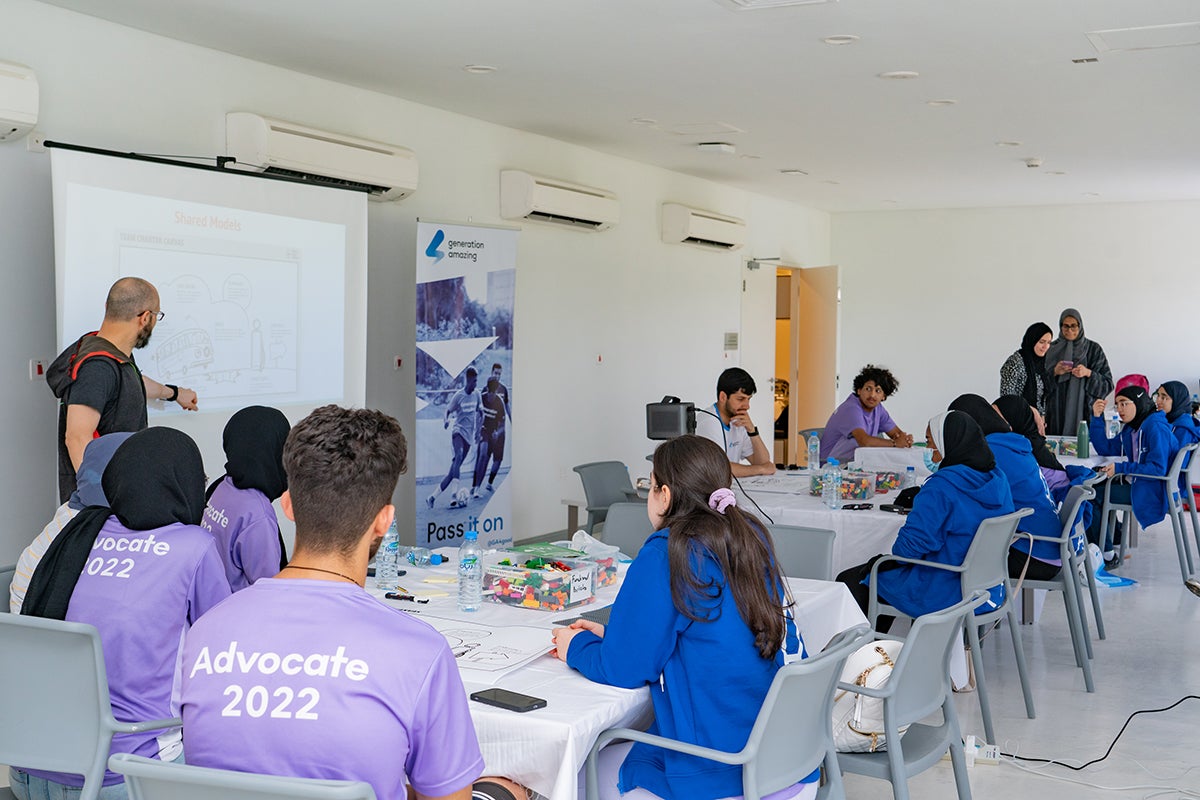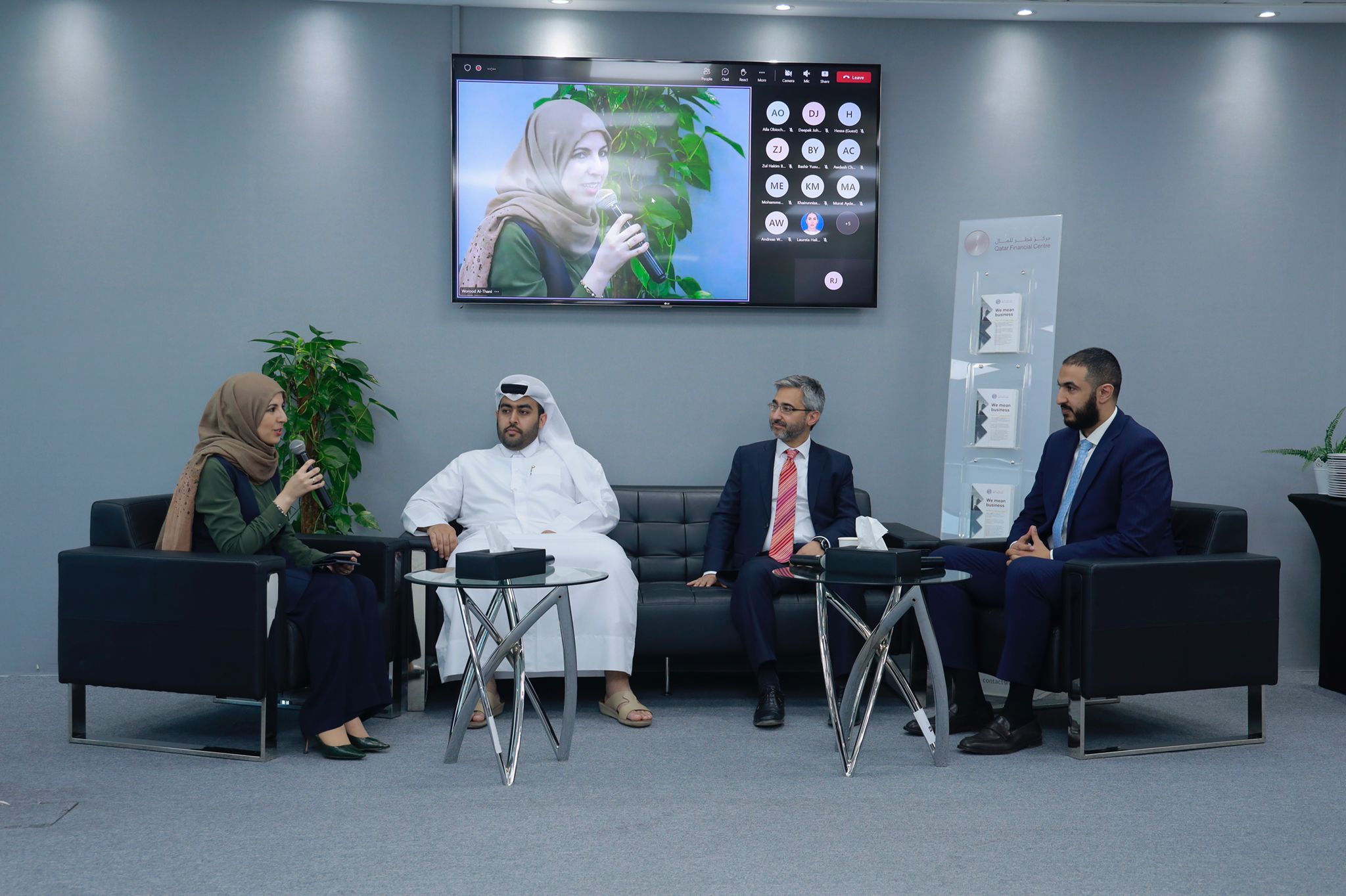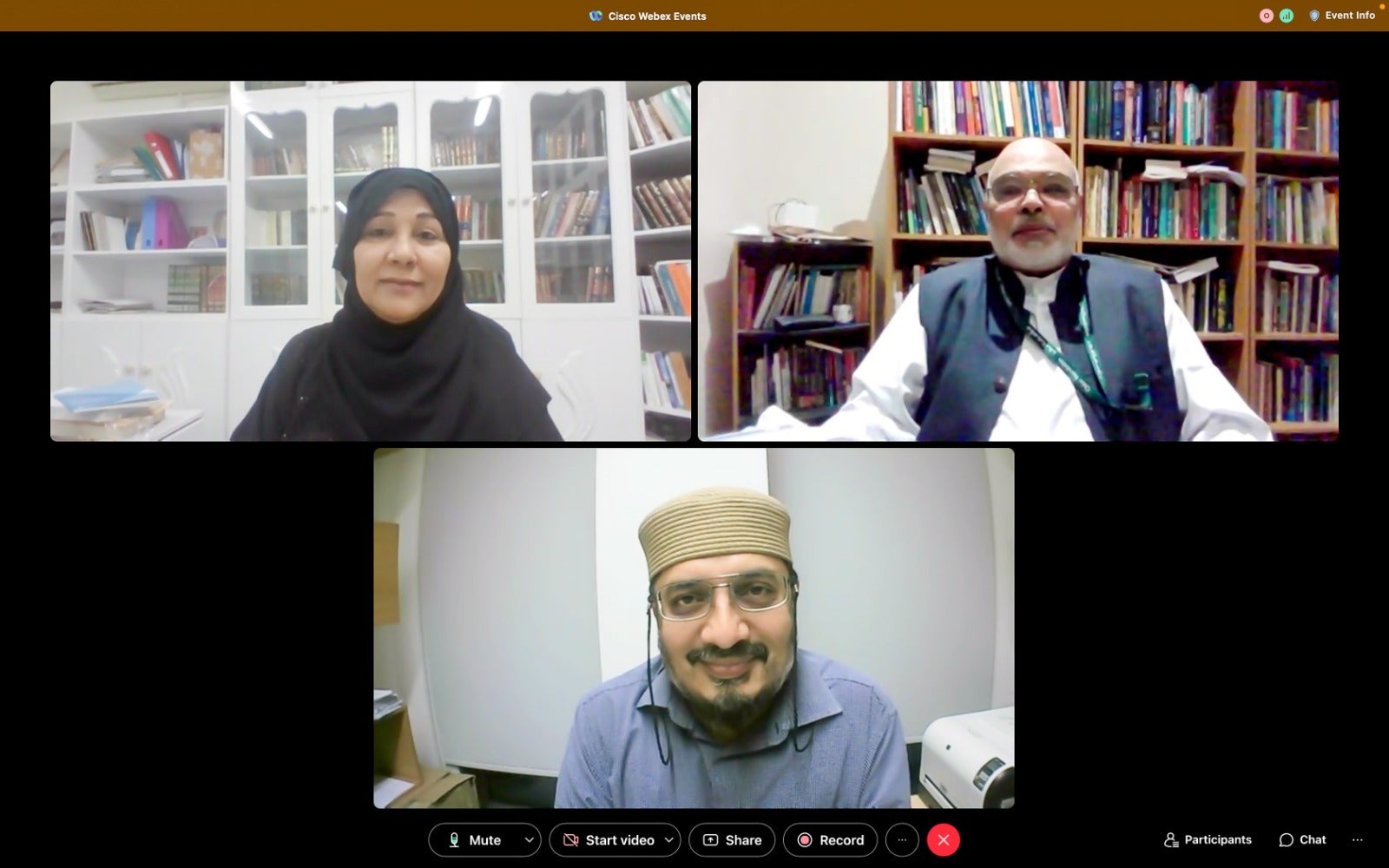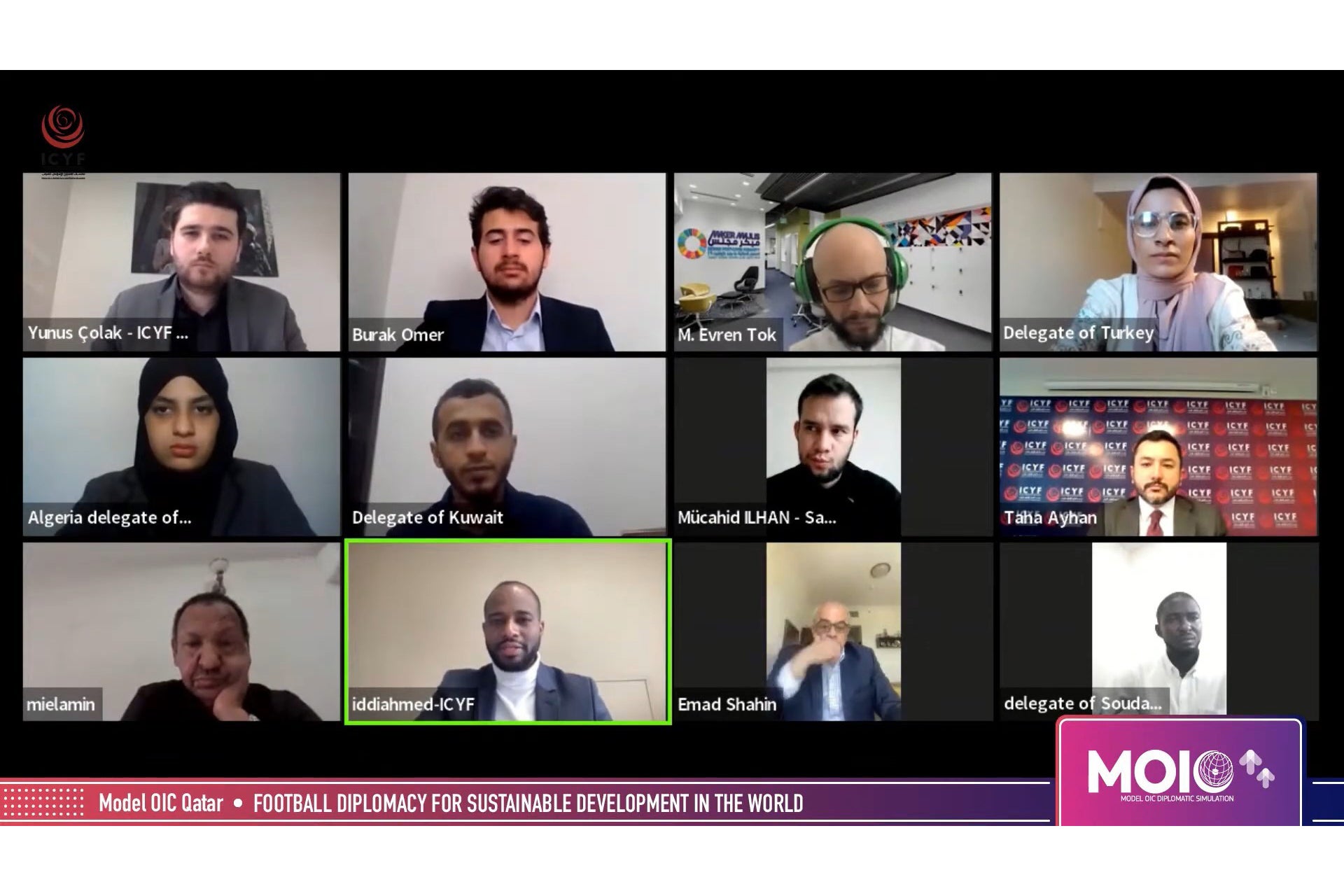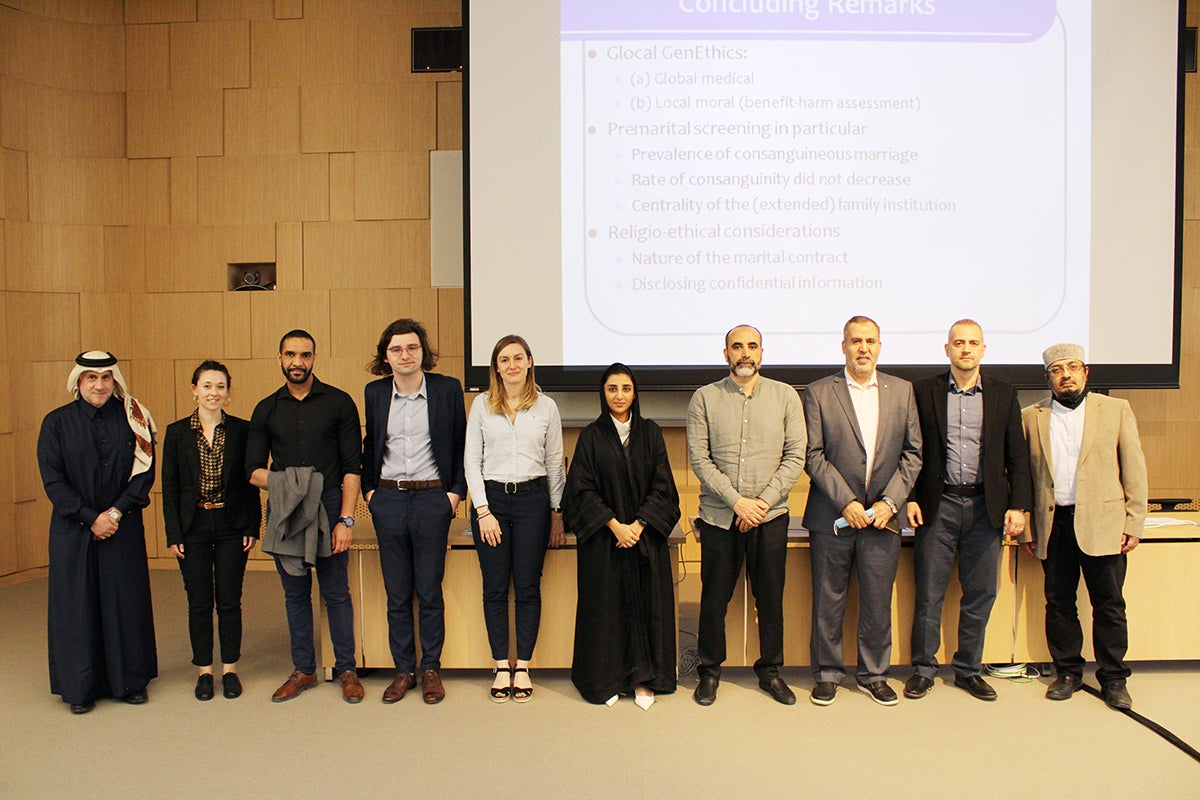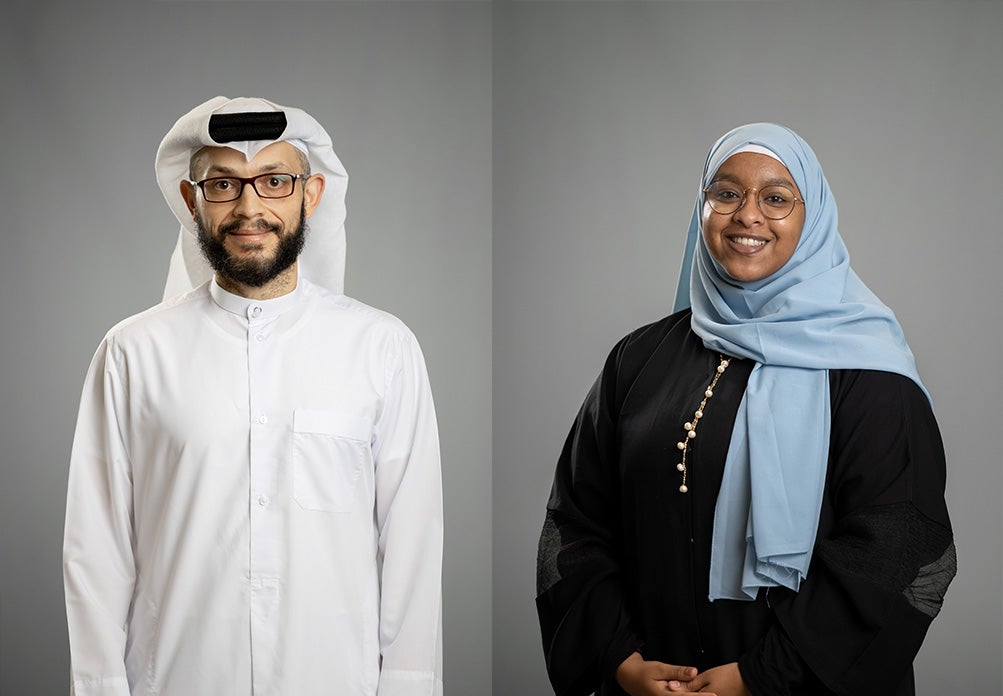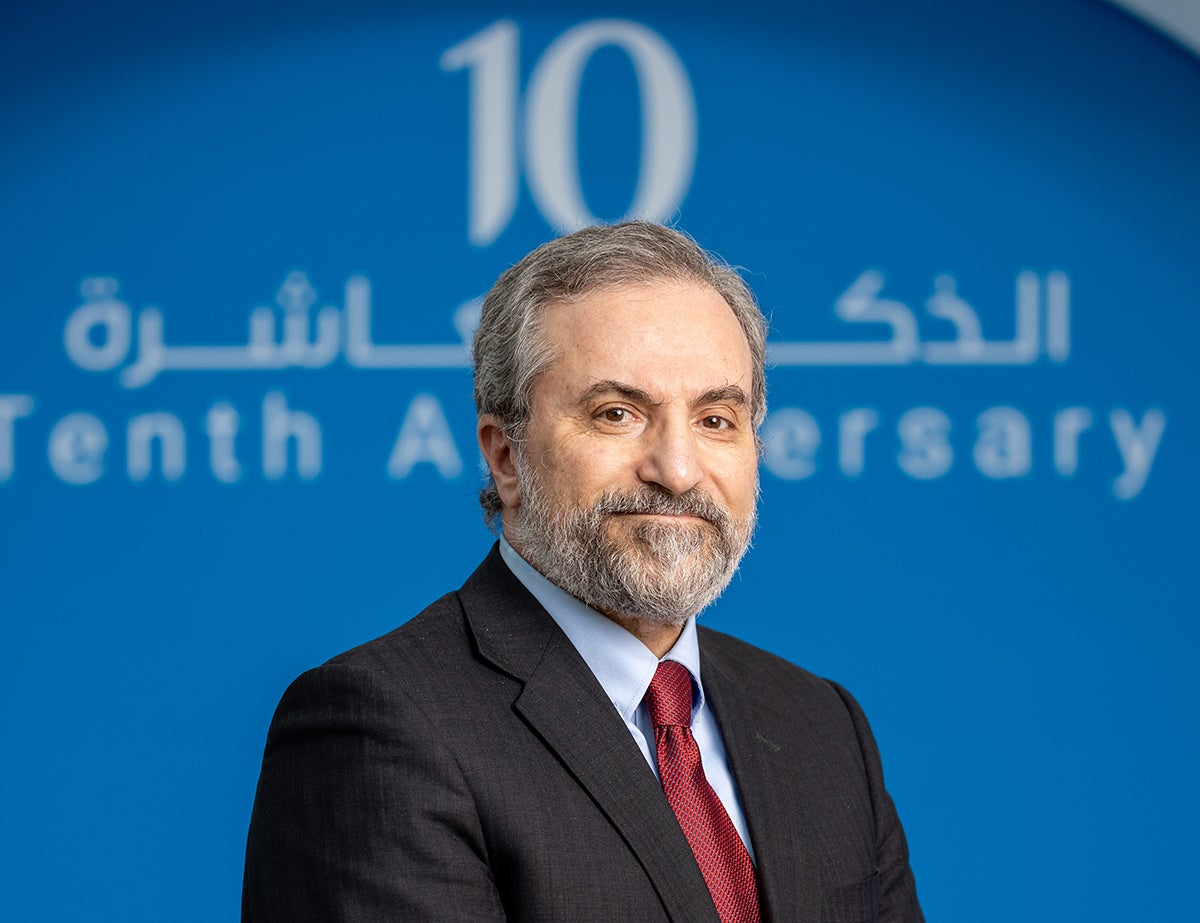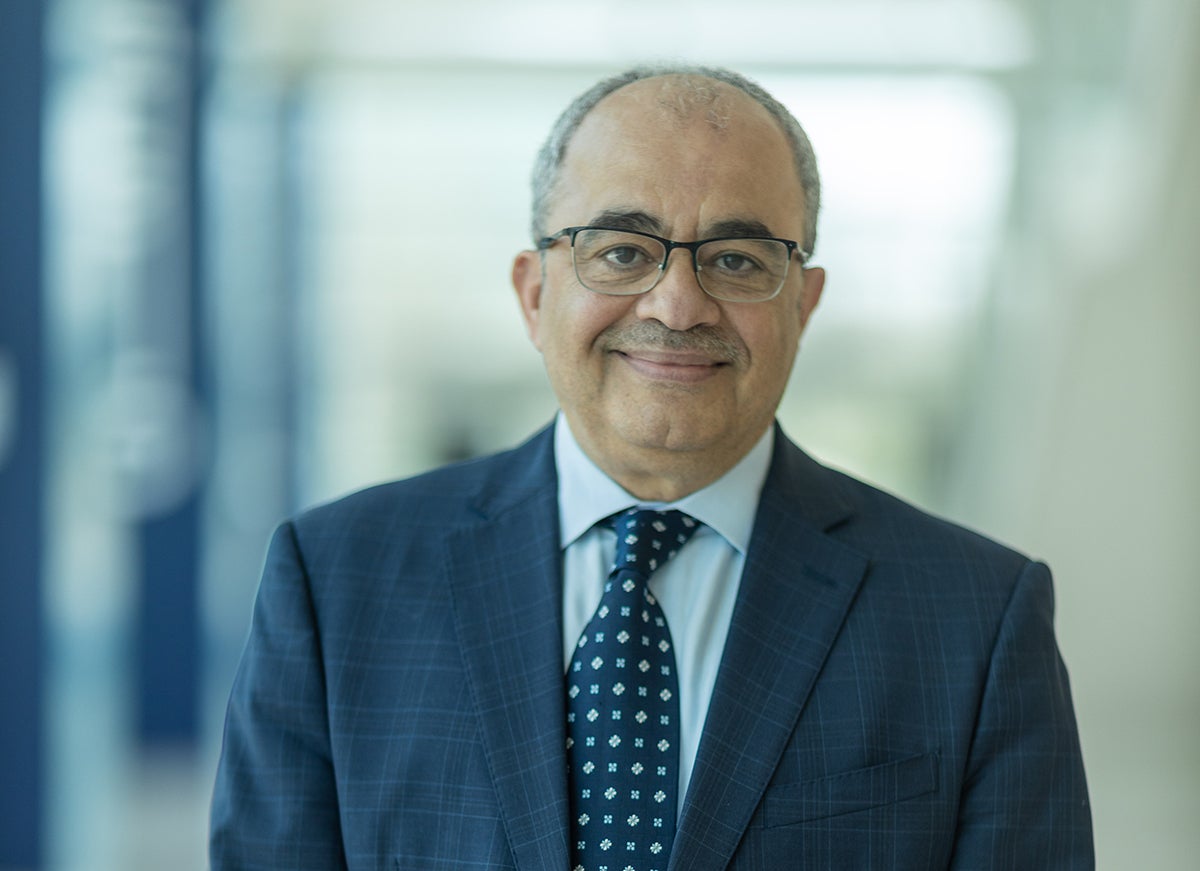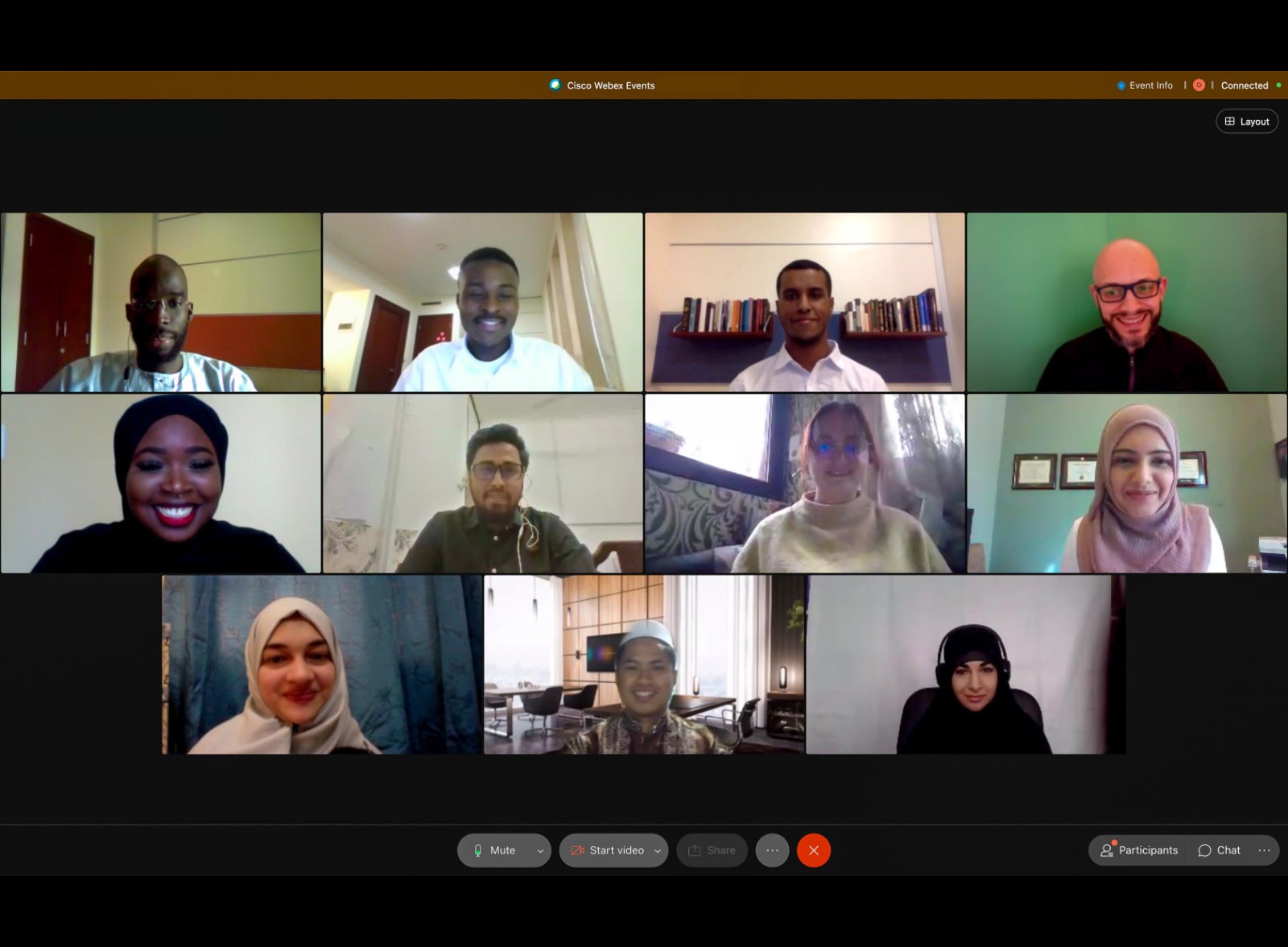
HBKU’s College of Islamic Studies Hosts CEOs Roundtable for the Finance Sector
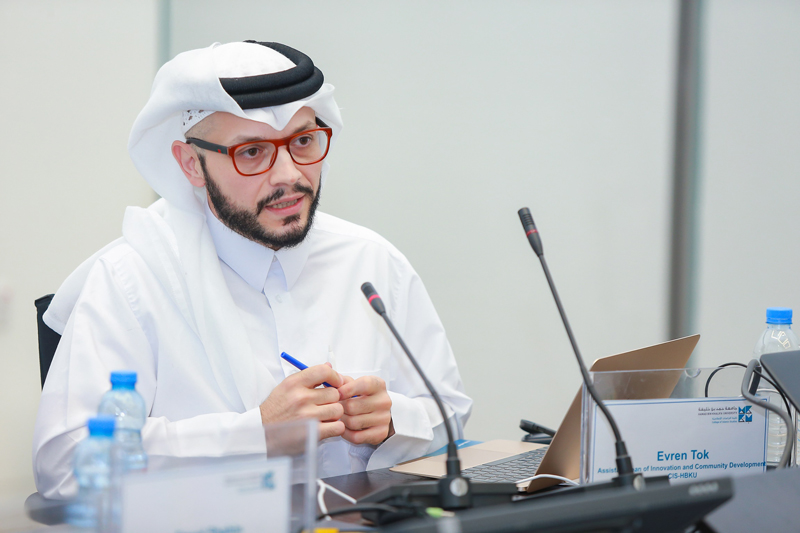
The Center for Islamic Economics and Finance (CIEF), part of the College of Islamic Studies (CIS) at Hamad Bin Khalifa University (HBKU), recently hosted its fourth CEOs and Islamic Finance Leaders Roundtable for top management in the finance sector in collaboration with the Qatar Financial Centre (QFC), one of the world’s leading and fastest growing onshore business and financial centers. The event aimed to provide a better understanding of some of the best mechanisms for institutions to implement corporate social responsibility (CSR) initiatives.
Held under the theme of “Global Trends in Corporate Social Responsibility for the Financial Sector,” the event provided a platform for industry leaders to explore how pragmatic strategies and innovative business paradigms can simultaneously benefit society and maximize shareholder value.
Addressing attendees during his keynote address, Mr. Yousuf Mohamed Al-Jaida, chief executive officer at QFC Authority said: “The importance and impact of CSR simply cannot be understated. The QFC’s approach goes beyond corporate social responsibility towards social investment. To this effect, our core focus is on supporting financial literacy and it is on this basis that we have developed our two social investment pillars: youth and education, as well as community development – both are incredibly important and both have great potential to bring about real change.”
The roundtable aimed to create a forum for understanding and enhancing the field of Islamic economics and finance by fostering open dialogue among industry leaders and academia, while providing an opportunity for students to have more involvement in the industry.
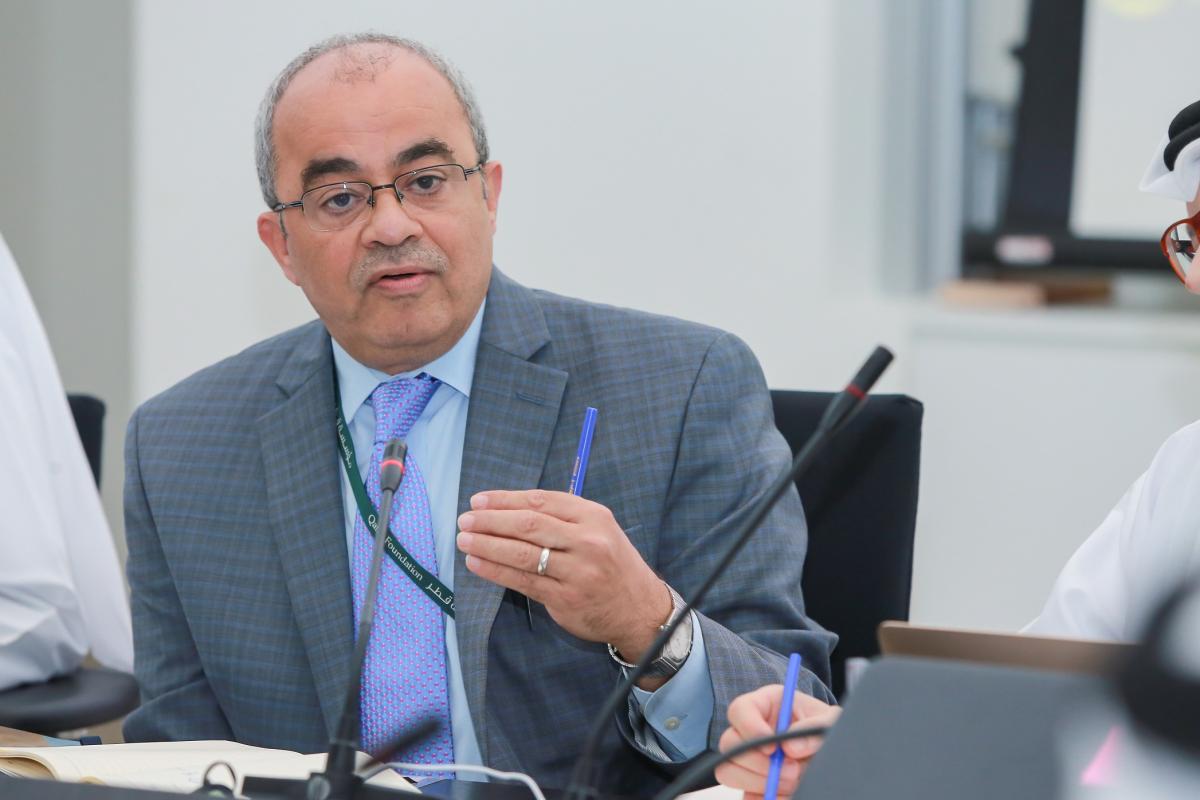
Delivering his opening remarks, Dr. Emad El-din Shahin, dean of CIS, said: “Financial institutions have a key role to play in making positive and lasting contributions to society through their various outreach initiatives. CIS has welcomed industry leaders who participate in these invaluable discussions, and enable us to collectively address how the sector can encourage a more robust economy while meeting the needs of all segments of society.”
The roundtable included an open discussion, moderated by Dr. M. Evren Tok, associate professor and assistant dean of innovation and community advancement at CIS. Dr. Tok invited participants to offer their views on the current local landscape for CSR practices; how local and global regulators, policymakers, and markets view CSR practices; the public’s perception of CSR; the costs and benefits of CSR to banks in Qatar; and CSR practices from a Shari’ah law perspective.
HBKU students who participated in the discussion were able to network with industry leaders and gain newfound understanding, which would allow them to conduct research on the sector and possibly obtain an internship or employment after graduating.
In his closing remarks, Dr. Nazim Ali, director of research division at CIS, pointed out the significant change that is sought after in the relationship between responsible behavior and profitability. Since the wake of the 2008 Global Financial Crisis, CSR has become an inseparable part of rebuilding a globally competitive economy on the basis of innovation, trust, and values. In order to cultivate these factors, Islamic finance programs taught at CIS incorporate CSR as part of the curricula, in parallel to CIEF’s effort to promote dialogue on the significance of CSR at the corporate level.
The CEOs roundtable series, which was first initiated in 2015, provides a dedicated communication channel between financial institutions and academics to discuss perennial and new issues and products in the industry, and strengthens the relationship between industry and academia. Past CEOs roundtables have addressed various pertinent topics such as Islamic finance, fintech, and cryptocurrencies; the expectations and realities of Islamic finance; and the role Islamic finance plays in financing infrastructure projects.
HBKU’s CIS proactively tackles and addresses present-day topics as they pertain to contemporary Muslim societies. The college offers five multidisciplinary degrees tackling the topics of Islam and global affairs, Islamic finance and economics, Islamic architecture and urbanism, as well as Islamic studies.
To obtain a copy of the CEO’s Roundtable Report, please contact balquradaghi@hbku.edu.qa.
Related News
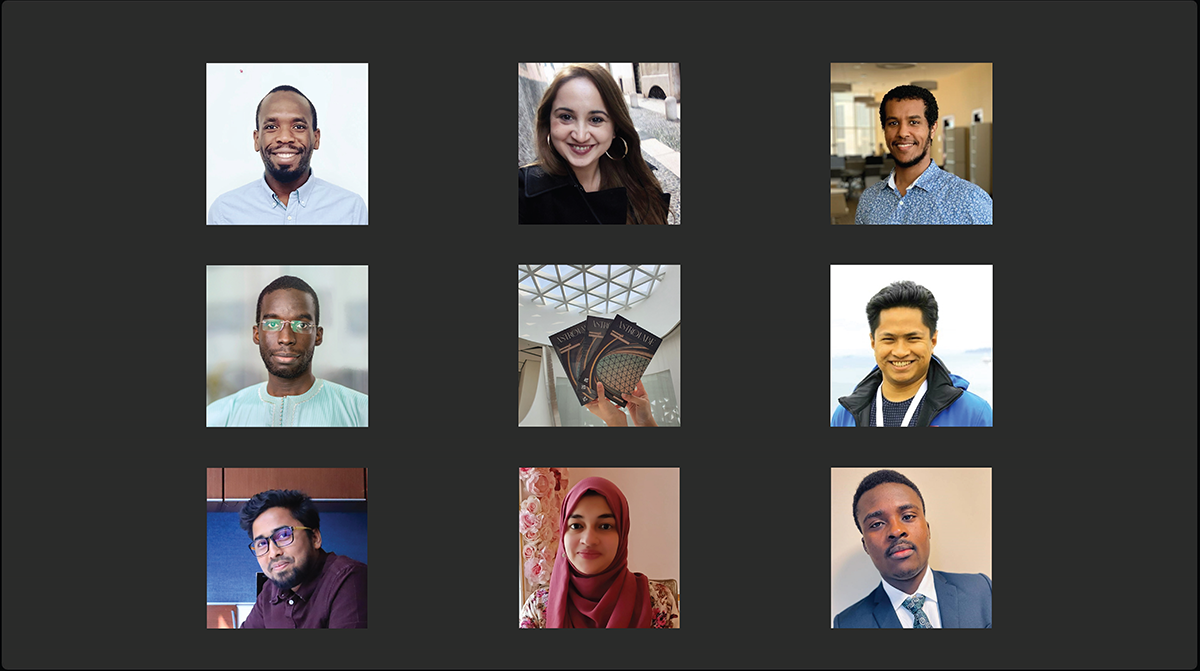
College of Islamic Studies Launches Third Volume of Astrolabe Student Research Journal
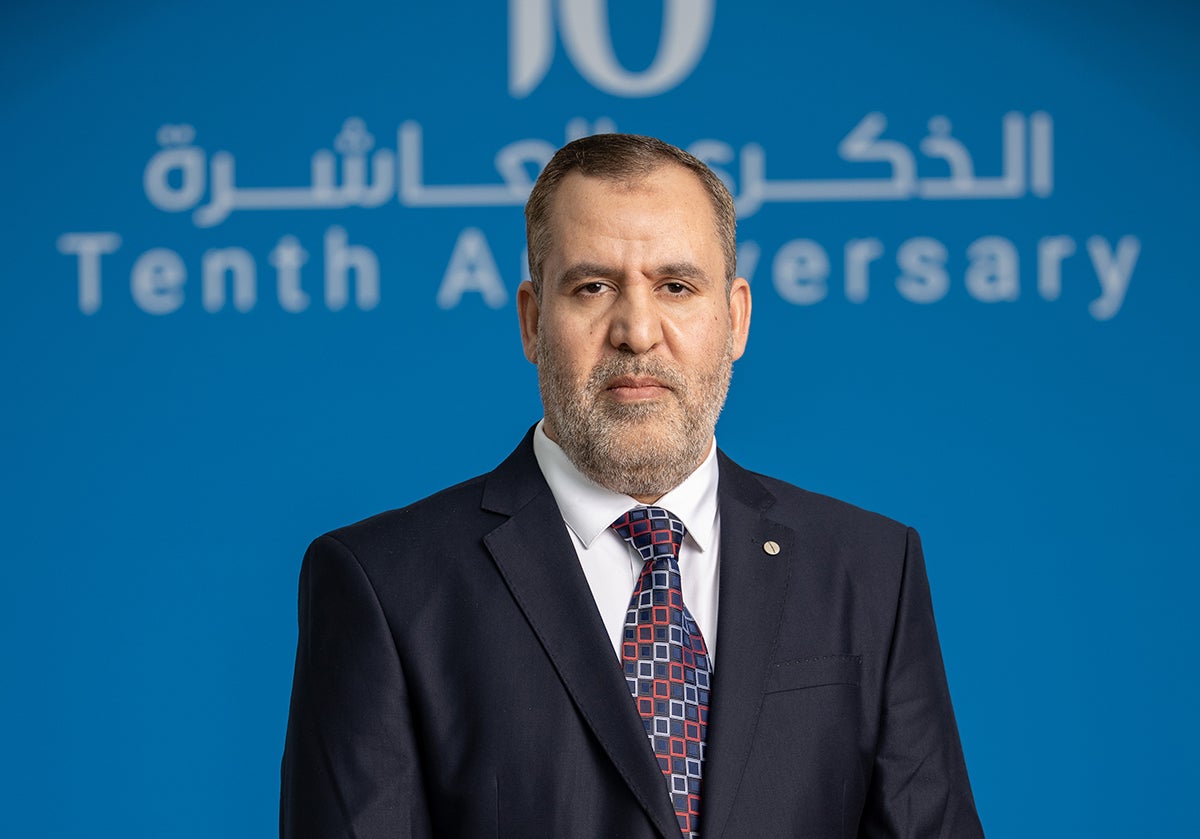
Interview with Dr. Mohamed El-Gammal, Associate Professor, College of Islamic Studies (CIS)
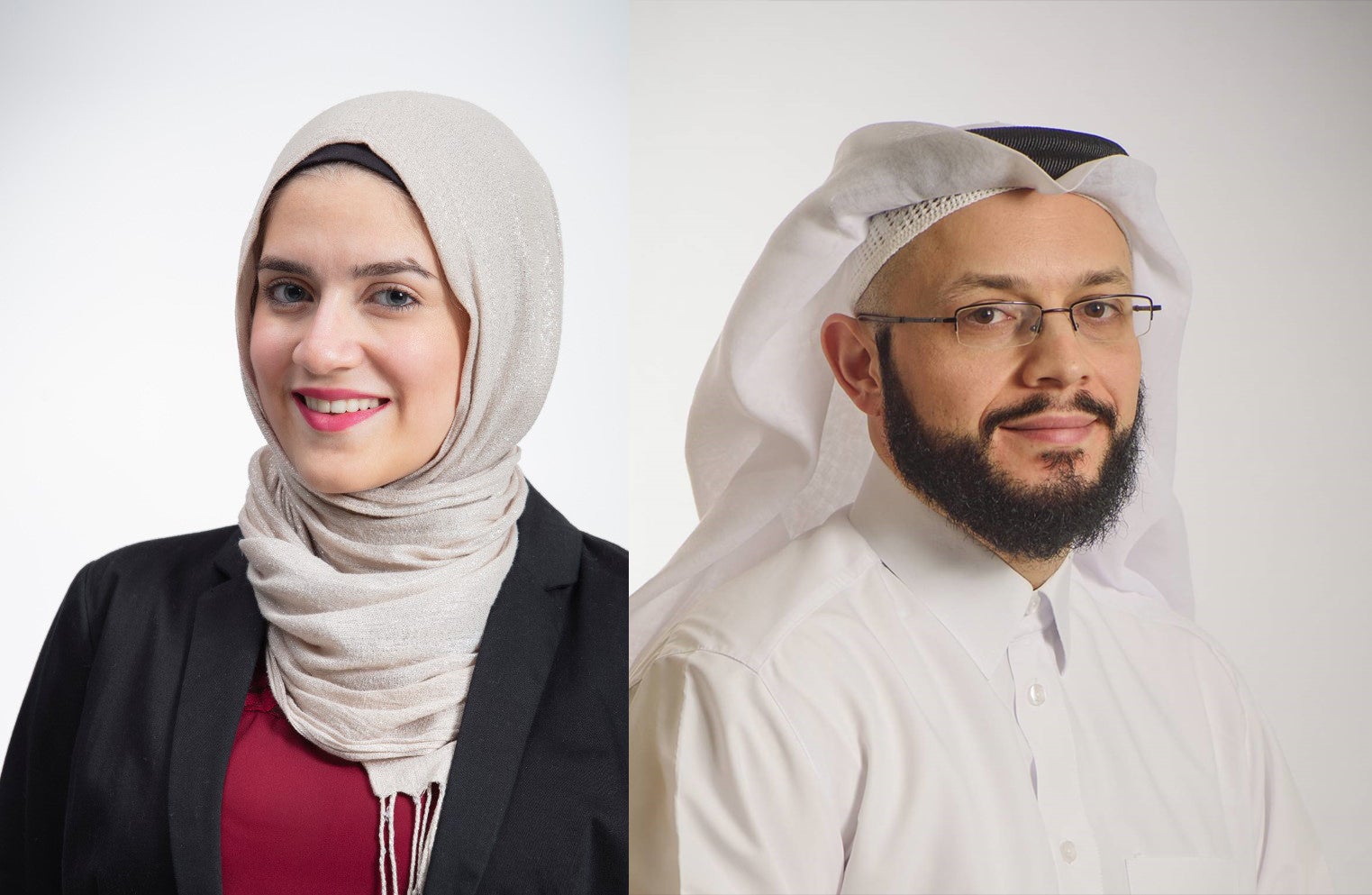
College of Islamic Studies’ Faculty Contribute to New Book on Qatar’s FIFA 2022 Legacy
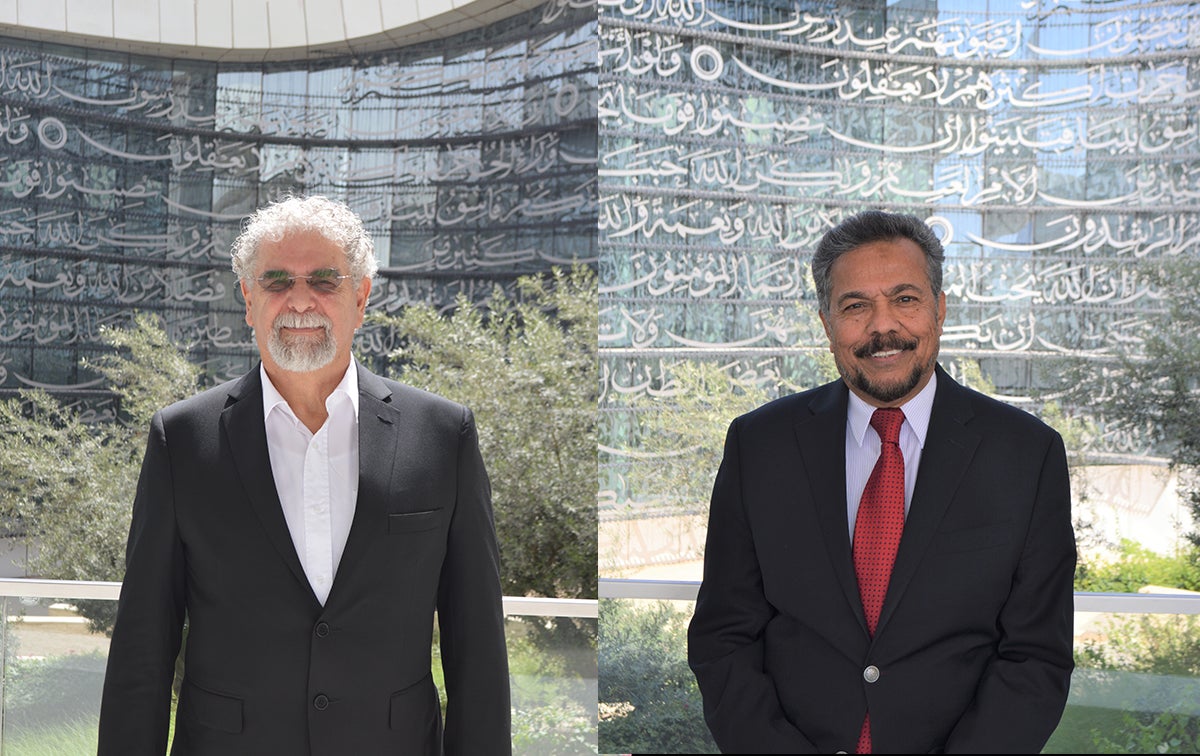
College of Islamic Studies’ Books on Fintech and Migration Among Top Titles Globally
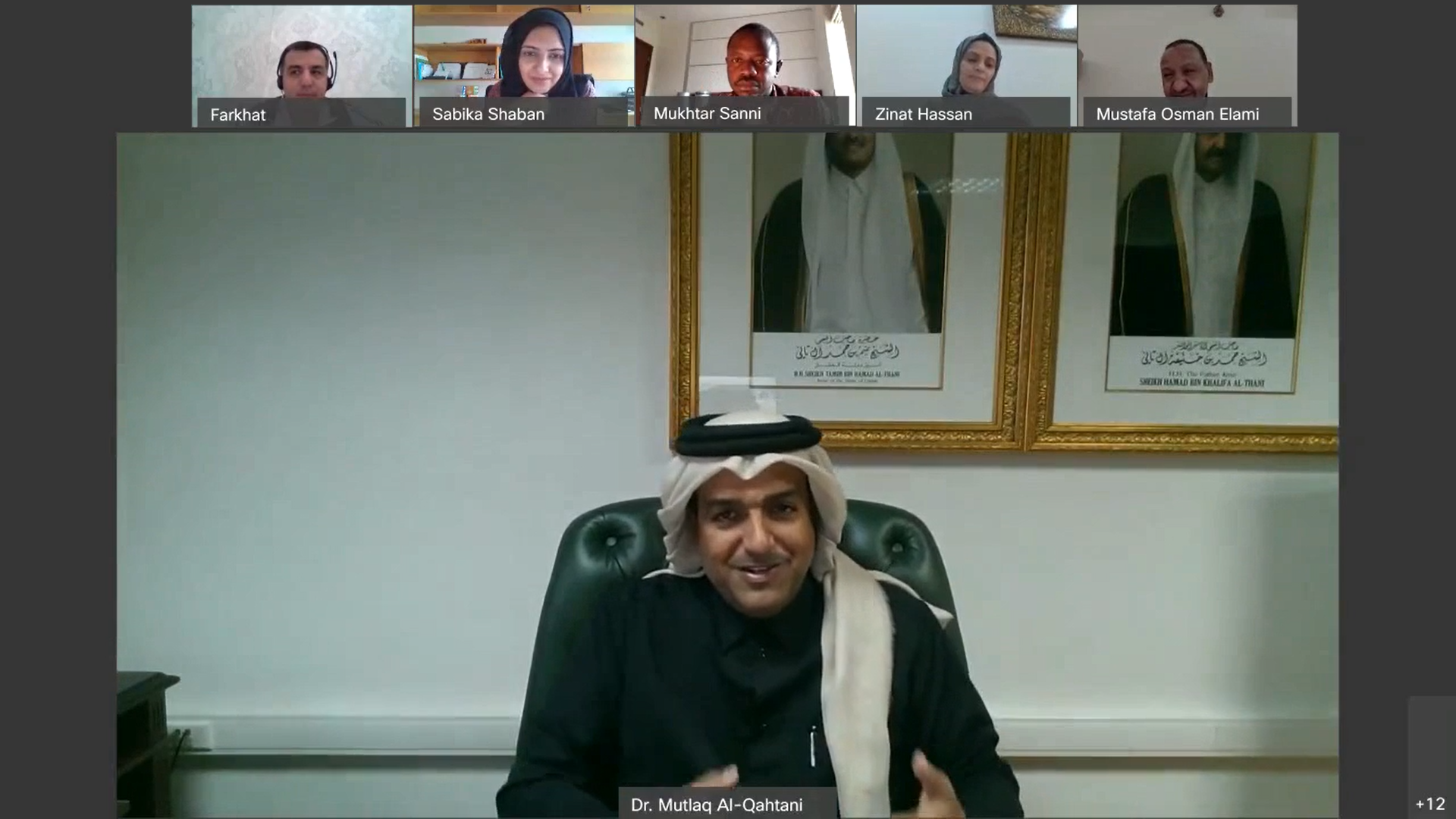
College of Islamic Studies Welcomes HE Dr. Mutlaq Al Qahtani’s In-Depth Diplomatic Experiences

College of Islamic Studies Launches Third Volume of Astrolabe Student Research Journal

Interview with Dr. Mohamed El-Gammal, Associate Professor, College of Islamic Studies (CIS)

College of Islamic Studies’ Faculty Contribute to New Book on Qatar’s FIFA 2022 Legacy

College of Islamic Studies’ Books on Fintech and Migration Among Top Titles Globally

College of Islamic Studies Welcomes HE Dr. Mutlaq Al Qahtani’s In-Depth Diplomatic Experiences

College of Islamic Studies Launches Third Volume of Astrolabe Student Research Journal

Interview with Dr. Mohamed El-Gammal, Associate Professor, College of Islamic Studies (CIS)

College of Islamic Studies’ Faculty Contribute to New Book on Qatar’s FIFA 2022 Legacy

College of Islamic Studies’ Books on Fintech and Migration Among Top Titles Globally

College of Islamic Studies Welcomes HE Dr. Mutlaq Al Qahtani’s In-Depth Diplomatic Experiences

College of Islamic Studies Launches Third Volume of Astrolabe Student Research Journal

Interview with Dr. Mohamed El-Gammal, Associate Professor, College of Islamic Studies (CIS)

College of Islamic Studies’ Faculty Contribute to New Book on Qatar’s FIFA 2022 Legacy

College of Islamic Studies’ Books on Fintech and Migration Among Top Titles Globally

College of Islamic Studies Welcomes HE Dr. Mutlaq Al Qahtani’s In-Depth Diplomatic Experiences

College of Islamic Studies Launches Third Volume of Astrolabe Student Research Journal

Interview with Dr. Mohamed El-Gammal, Associate Professor, College of Islamic Studies (CIS)

College of Islamic Studies’ Faculty Contribute to New Book on Qatar’s FIFA 2022 Legacy

College of Islamic Studies’ Books on Fintech and Migration Among Top Titles Globally

College of Islamic Studies Welcomes HE Dr. Mutlaq Al Qahtani’s In-Depth Diplomatic Experiences

College of Islamic Studies Launches Third Volume of Astrolabe Student Research Journal

Interview with Dr. Mohamed El-Gammal, Associate Professor, College of Islamic Studies (CIS)

College of Islamic Studies’ Faculty Contribute to New Book on Qatar’s FIFA 2022 Legacy

College of Islamic Studies’ Books on Fintech and Migration Among Top Titles Globally

College of Islamic Studies Welcomes HE Dr. Mutlaq Al Qahtani’s In-Depth Diplomatic Experiences

College of Islamic Studies Launches Third Volume of Astrolabe Student Research Journal

Interview with Dr. Mohamed El-Gammal, Associate Professor, College of Islamic Studies (CIS)

College of Islamic Studies’ Faculty Contribute to New Book on Qatar’s FIFA 2022 Legacy

College of Islamic Studies’ Books on Fintech and Migration Among Top Titles Globally

College of Islamic Studies Welcomes HE Dr. Mutlaq Al Qahtani’s In-Depth Diplomatic Experiences

College of Islamic Studies Launches Third Volume of Astrolabe Student Research Journal

Interview with Dr. Mohamed El-Gammal, Associate Professor, College of Islamic Studies (CIS)

College of Islamic Studies’ Faculty Contribute to New Book on Qatar’s FIFA 2022 Legacy

College of Islamic Studies’ Books on Fintech and Migration Among Top Titles Globally

College of Islamic Studies Welcomes HE Dr. Mutlaq Al Qahtani’s In-Depth Diplomatic Experiences

College of Islamic Studies Launches Third Volume of Astrolabe Student Research Journal

Interview with Dr. Mohamed El-Gammal, Associate Professor, College of Islamic Studies (CIS)

College of Islamic Studies’ Faculty Contribute to New Book on Qatar’s FIFA 2022 Legacy

College of Islamic Studies’ Books on Fintech and Migration Among Top Titles Globally

College of Islamic Studies Welcomes HE Dr. Mutlaq Al Qahtani’s In-Depth Diplomatic Experiences

College of Islamic Studies Launches Third Volume of Astrolabe Student Research Journal

Interview with Dr. Mohamed El-Gammal, Associate Professor, College of Islamic Studies (CIS)

College of Islamic Studies’ Faculty Contribute to New Book on Qatar’s FIFA 2022 Legacy

College of Islamic Studies’ Books on Fintech and Migration Among Top Titles Globally

College of Islamic Studies Welcomes HE Dr. Mutlaq Al Qahtani’s In-Depth Diplomatic Experiences

College of Islamic Studies Launches Third Volume of Astrolabe Student Research Journal

Interview with Dr. Mohamed El-Gammal, Associate Professor, College of Islamic Studies (CIS)

College of Islamic Studies’ Faculty Contribute to New Book on Qatar’s FIFA 2022 Legacy

College of Islamic Studies’ Books on Fintech and Migration Among Top Titles Globally

College of Islamic Studies Welcomes HE Dr. Mutlaq Al Qahtani’s In-Depth Diplomatic Experiences

College of Islamic Studies Launches Third Volume of Astrolabe Student Research Journal

Interview with Dr. Mohamed El-Gammal, Associate Professor, College of Islamic Studies (CIS)

College of Islamic Studies’ Faculty Contribute to New Book on Qatar’s FIFA 2022 Legacy

College of Islamic Studies’ Books on Fintech and Migration Among Top Titles Globally

College of Islamic Studies Welcomes HE Dr. Mutlaq Al Qahtani’s In-Depth Diplomatic Experiences

College of Islamic Studies Launches Third Volume of Astrolabe Student Research Journal

Interview with Dr. Mohamed El-Gammal, Associate Professor, College of Islamic Studies (CIS)

College of Islamic Studies’ Faculty Contribute to New Book on Qatar’s FIFA 2022 Legacy

College of Islamic Studies’ Books on Fintech and Migration Among Top Titles Globally

College of Islamic Studies Welcomes HE Dr. Mutlaq Al Qahtani’s In-Depth Diplomatic Experiences

College of Islamic Studies Launches Third Volume of Astrolabe Student Research Journal

Interview with Dr. Mohamed El-Gammal, Associate Professor, College of Islamic Studies (CIS)

College of Islamic Studies’ Faculty Contribute to New Book on Qatar’s FIFA 2022 Legacy

College of Islamic Studies’ Books on Fintech and Migration Among Top Titles Globally

College of Islamic Studies Welcomes HE Dr. Mutlaq Al Qahtani’s In-Depth Diplomatic Experiences

College of Islamic Studies Launches Third Volume of Astrolabe Student Research Journal

Interview with Dr. Mohamed El-Gammal, Associate Professor, College of Islamic Studies (CIS)

College of Islamic Studies’ Faculty Contribute to New Book on Qatar’s FIFA 2022 Legacy

College of Islamic Studies’ Books on Fintech and Migration Among Top Titles Globally

College of Islamic Studies Welcomes HE Dr. Mutlaq Al Qahtani’s In-Depth Diplomatic Experiences

College of Islamic Studies Launches Third Volume of Astrolabe Student Research Journal

Interview with Dr. Mohamed El-Gammal, Associate Professor, College of Islamic Studies (CIS)

College of Islamic Studies’ Faculty Contribute to New Book on Qatar’s FIFA 2022 Legacy

College of Islamic Studies’ Books on Fintech and Migration Among Top Titles Globally

College of Islamic Studies Welcomes HE Dr. Mutlaq Al Qahtani’s In-Depth Diplomatic Experiences

College of Islamic Studies Launches Third Volume of Astrolabe Student Research Journal

Interview with Dr. Mohamed El-Gammal, Associate Professor, College of Islamic Studies (CIS)

College of Islamic Studies’ Faculty Contribute to New Book on Qatar’s FIFA 2022 Legacy

College of Islamic Studies’ Books on Fintech and Migration Among Top Titles Globally

College of Islamic Studies Welcomes HE Dr. Mutlaq Al Qahtani’s In-Depth Diplomatic Experiences

College of Islamic Studies Launches Third Volume of Astrolabe Student Research Journal

Interview with Dr. Mohamed El-Gammal, Associate Professor, College of Islamic Studies (CIS)

College of Islamic Studies’ Faculty Contribute to New Book on Qatar’s FIFA 2022 Legacy

College of Islamic Studies’ Books on Fintech and Migration Among Top Titles Globally

College of Islamic Studies Welcomes HE Dr. Mutlaq Al Qahtani’s In-Depth Diplomatic Experiences

College of Islamic Studies Launches Third Volume of Astrolabe Student Research Journal

Interview with Dr. Mohamed El-Gammal, Associate Professor, College of Islamic Studies (CIS)

College of Islamic Studies’ Faculty Contribute to New Book on Qatar’s FIFA 2022 Legacy

College of Islamic Studies’ Books on Fintech and Migration Among Top Titles Globally

College of Islamic Studies Welcomes HE Dr. Mutlaq Al Qahtani’s In-Depth Diplomatic Experiences

College of Islamic Studies Launches Third Volume of Astrolabe Student Research Journal

Interview with Dr. Mohamed El-Gammal, Associate Professor, College of Islamic Studies (CIS)

College of Islamic Studies’ Faculty Contribute to New Book on Qatar’s FIFA 2022 Legacy

College of Islamic Studies’ Books on Fintech and Migration Among Top Titles Globally






